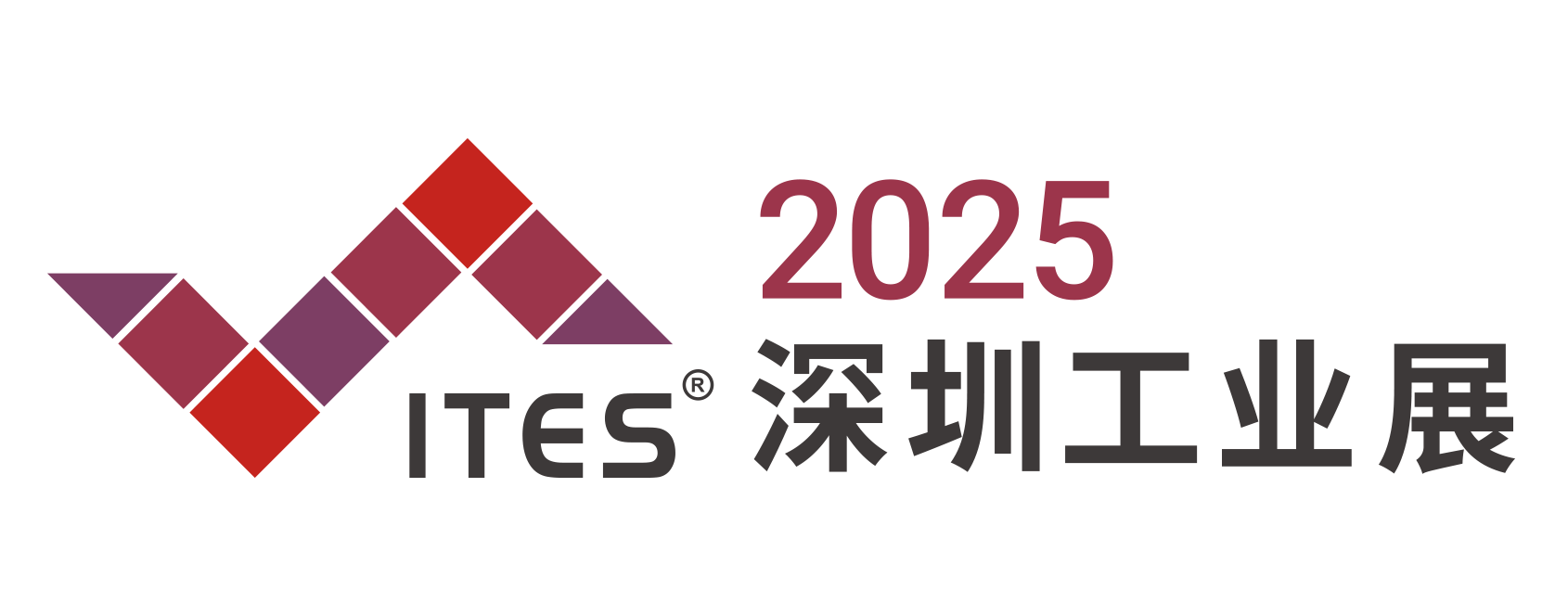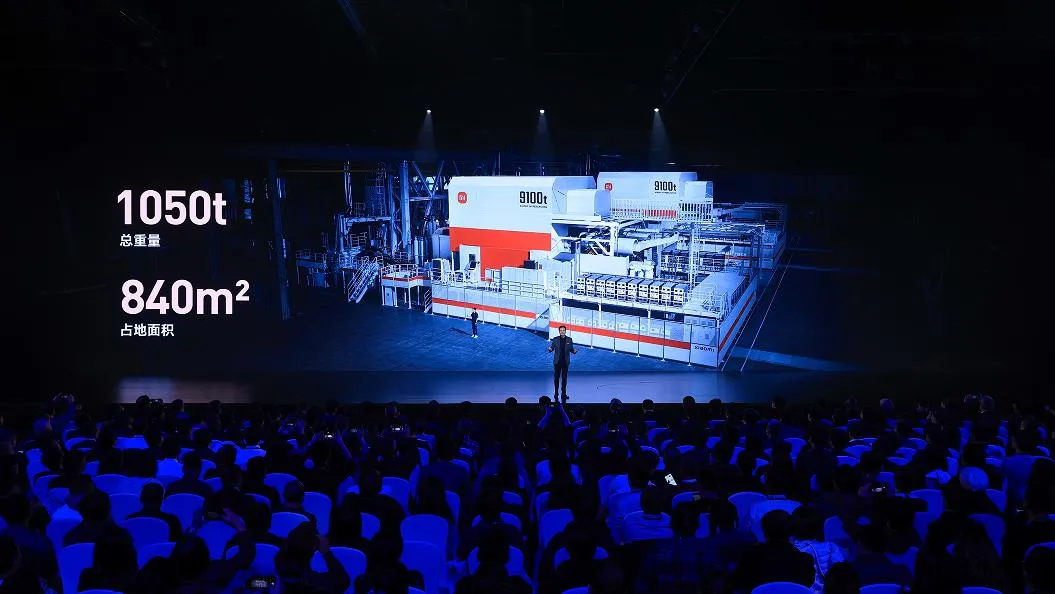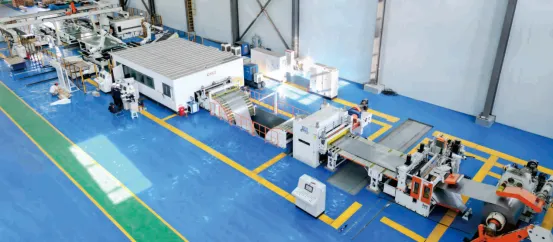Top AI Trends to Watch in 2021
【导语】 In 2021, AI emerges stronger in both short-term & long-term. Here are some of the biggest AI trends for the next decade.
Artificial intelligence (AI) is impacting the future of virtually every industry and every human being on the planet. Artificial intelligence has been established as the main driver of emerging technologies such as big data, robotics, and the Internet of Things (IoT). Moving into 2021, Artificial Intelligence will continue to act as a main technological innovator for the foreseeable future.
The next decade will see an unprecedented fast development and adoption of existing and emerging technologies. This development will be driven toward pushing digital acceleration forward. Moreover, it will also proactively prepare industries to manage future uncertainty, something we do not always see coming.
Surviving the Covid-19 pandemic during 2020 has triggered a fast change in consumer trends. Complex security and privacy concerns, the ethical use of Artificial Intelligence, and the increasing impact of climate change will drive industries to incorporate systemic risk into their long-term planning.

According to the first published World Intellectual Property Organization - WIPO report tracking the development of technologies through the analysis of data on innovation activities, we can see trends in patenting of Artificial Intelligence (AI) innovations, the top players in AI from industry and academia, and the geographical distribution of AI-related patent protection and scientific publications. The first of a series of WIPO reports on AI and patent analysis was published in 2019, and remains relevant in matters of AI trends.
Technology trends can be discerned through patent analytics, this is why the expert compilation included in the WIPO report is paramount. The WIPO report dives into the historical development of AI innovation, the analysis of trends in patents, and scientific literature since the emergence of Artificial Intelligence decades ago.
It explores the breakdown by techniques, functional applications, and application fields. The report is, without a doubt, a must read for anyone trying to understand the evolution and implications of AI, where it is now, and where it is going.
Technology companies are constantly exploring opportunities into the replication of human intelligence by machines and the emergence of human+machine collaboration.
According to the WIPO, many AI-related technologies can find use across different industries, as shown by the large number of patents in AI that refer to multiple industries. Microsoft is currently leading the AI-related patent race with the most number of patents. The tech giant has over 18,300 AI-related patents in its portfolio. Microsoft is followed by IBM, Samsung, Qualcomm, and Google.
For many, discussing AI trends brings up one of the most crucial questions on this subject: Does AI really replace humans in the future? And the short answer is yes, AI can and will replace humans. In fact, it is already happening. It is called technological evolution.
As it happens with any kind of evolution, technological evolution cannot be stopped. Otherwise, the advancement and evolution of the human race would stop as well. In the past, humans have seen robots replacing human jobs in industries such as manufacturing. Today, robots have some form of AI embedded into them, which ensures they function well and know what job they are doing.
It is important to remember that we are living through the Fourth Industrial Revolution. Naturally, some people will refuse to adapt to changes. However, change is what drives evolution. And AI, like it or not, is one of the big technology trends for 2021 and beyond.
In 2021, Artificial Intelligence advances toward becoming omnipresent in every single corner of our everyday lives.
Rising demand for ethical AI
A rising demand for ethical AI is at the top of the list of emerging technology trends we can expect in 2021. According to Forrester, the next decade will require CIOs to both respond to digital acceleration and proactively manage uncertainty, all with ethical use of Artificial Intelligence.
In the past, organizations that adopted Machine Learning and other Artificial Intelligence technologies were not much preoccupied with their ethical impact. Today, however, things have changed. Values-based consumers and employees expect companies to adopt AI in a responsible fashion. Over the next few years, firms will deliberately choose to do business with partners that commit to data ethics and adopt data handling practices that reflect their own values as well as their customers' values.
Some of the pressing ethical issues in Artificial Intelligence include:
- Job loss and wealth inequality. People are concern about the future loss of jobs
- Who is responsible if an AI makes a mistake?
- Should AI systems be allowed to kill?
- The Singularity and how to keep control
- How should humans treat AIs?
-AI bias
AI-powered chatbots
AI-powered chatbots, also known as Conversational AI, improves reach, responsiveness, and personalization of the customer experience. According to Forrester, AI-based Conversational AI evolves into a better customer service automation.
An AI-powered chatbot uses natural language processing (NLP) and Machine Learning to better understand what the human says and needs and provides a more natural, near human-level communication. In other words, chatbots mimic human conversation.
Intelligent Automation: Recasting of automation roadmaps
The Covid-19 pandemic is changing organizations' automation agendas rapidly toward back-office processes and business resilience. Indeed, Intelligent Automation will represent the infusion of robotic and digital process automation with pragmatic AI and low-code tools. These technologies will help businesses become more efficient and resilient while expanding their operations.
There will be more progress toward trusted data for AI
According to Forrester's predictions, the year 2021 will showcase the good, the bad, and the ugly of artificial data, which comes in two forms: Synthetic data that allows users to create data sets for training AI, and fake data that does the opposite; it perturbs training data to deliberately throw off AI.
Companies are facing increasing pressure from consumer interest groups and regulators to provide a data lineage for AI. This includes data audit trails to ensure compliance and ethical use of AI. In 2021, Blockchain and AI will start joining forces more seriously to support data provenance, integrity, and usage.
AI and Machine Learning (ML) will permeate new use cases and experiences
In 2021, the grittiest of companies will push AI to new frontiers. This will include holographic meetings for remote work and on-demand, personalized manufacturing. They will gamify strategic planning, build simulations in the boardroom, and move into intelligent edge experiences.
Workplace AI will boost automation and augmentation needs
Forrester predicts that in 2021, more than a third of companies in adaptive and growth mode will look to AI to help with workplace disruption for both location-based, physical, or human-touch workers and knowledge workers working from home.
This includes applying AI for intelligent document extraction, customer service agent augmentation, return-to-work health tracking, or semi-autonomous robots for social separation.
Organizations need to find a way to apply AI safely, boldly, and ethically in order to emerge stronger both in the short-term and in the long-term in the years to come.







